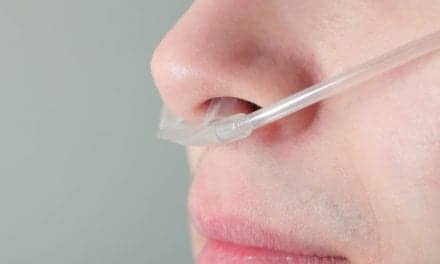Children who experience inadequate or disrupted sleep are more likely to develop depression and anxiety disorders later in life.
Candice Alfano, a clinical psychologist and associate psychology professor at the University of Houston, says children who experience inadequate or disrupted sleep are more likely to develop depression and anxiety disorders later in life. Funded by a grant from the NIH’s National Institute of Mental Health (NIMH), the study seeks to determine the precise ways inadequate sleep in childhood produces elevated risk for emotional disorders in later years.
“In particular, we are interested in understanding how children appraise, express, regulate and later recall emotional experiences, both when sleep is adequate and when it is inadequate,” said Alfano, who is the principal investigator of the study and director of the Sleep and Anxiety Center of Houston (SACH). “We focus on childhood, because similar to problems with anxiety and depression, sleep habits and patterns develop early in life and can be enduring.”
Alfano and co-investigator Cara Palmer, who is a postdoctoral fellow at SACH, are identifying distinct emotional processes that, when disrupted by poor sleep, make children vulnerable to developing anxiety and depression. To pinpoint these cognitive, behavioral and physiological patterns of emotional risk, they are temporarily restricting sleep in 50 pre-adolescent children between the ages of 7 to 11.
Their findings reveal that inadequate sleep impacts children’s emotional health not only by creating more negative emotions, but also by altering positive emotional experiences. For example, after just two nights of poor sleep, children derive less pleasure from positive things, are less reactive to them and less likely to recall details about these positive experiences later. When their normal nightly sleep habits are adequate in duration, however, they’re finding these emotional effects are less apparent.










